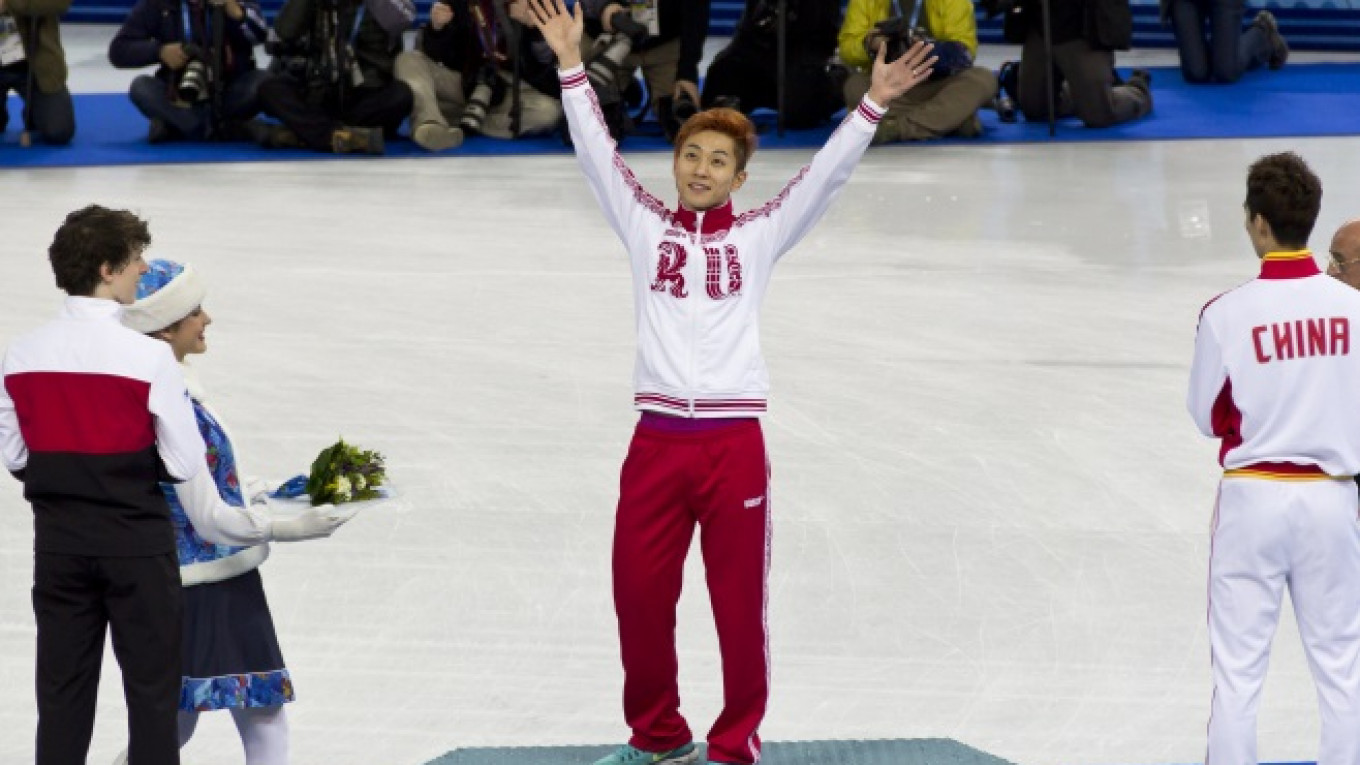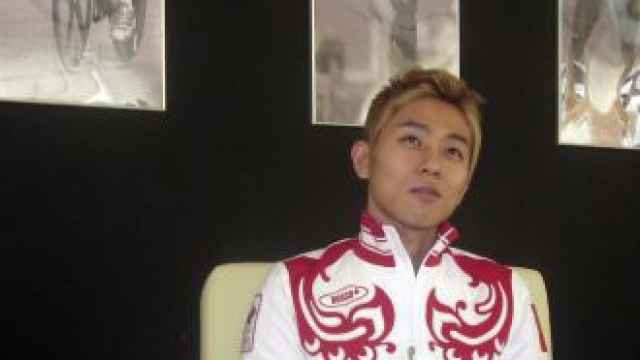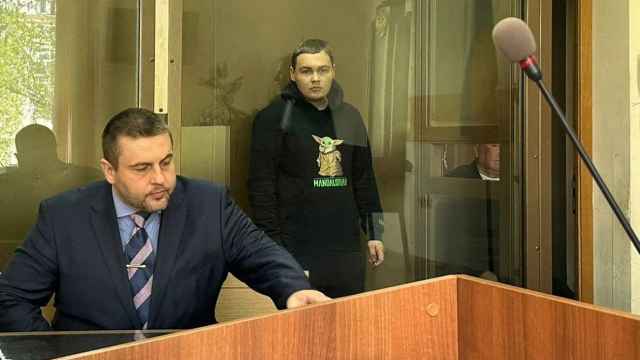SEOUL — Whether 'V' stands for 'victory', 'vindication' or 'vengeance', Viktor Ahn wrote his new name in the record books by winning three more short track golds at the Sochi Olympics, repaying the faith his adopted country Russia had showed in him.
Born Ahn Hyun-soo in Seoul, the skater won his first three Olympic golds racing for South Korea at the Turin Winter Games in 2006 and had racked up 18 world championship titles before his 22nd birthday.
But instead of plundering more short track gold in Vancouver, Ahn was sidelined from the team due to a knee injury and subsequently fell out with Korea's skating union (KSU).
Believing his career was permanently stalled due to his differences with the KSU, Ahn took the drastic step of giving up his South Korean passport and switching allegiance to Russia in 2011.
The United States had also expressed an interest in giving Ahn a new home but the sporting and financial package offered by Russia proved impossible to resist.
Ahn's departure was met with little more than mild surprise in South Korea, where short track success has been taken for granted over the years, the country's skaters picking up 21 of the 48 Olympic golds since it became a medal sport in 1992.
At the Sochi Games in February, however, Ahn gave his old country a sharp reminder of the unique talent it had let slip through its fingers.
With a combination of explosive power, unshakable confidence and flawless technique, Ahn won gold in the 500 meter, 1,000 meter and 5,000 meter relay to claim his fourth, fifth and sixth Olympic titles, becoming the most successful short track skater in history.
South Korea's Chae Ji-hoon, who won short track gold and silver at the 1994 Lillehammer Games, said he was "amazed" that Ahn was able to come back after eight years away from Olympic ice and win three more golds.
"When Ahn is racing, everything is playing out by a scenario," Chae told Reuters. "He's the director, he's the hero, he's the one who's making the movie all about himself."
"In terms of his racing strategy, when he's following the other skaters, he's not really just following. He's always waiting for that perfect chance to pass," added Chae, who Ahn credits with inspiring him to become an Olympian.
"When I watch Ahn skate, I'm racing together with him in my mind. I'm very proud of him," Chae said.
In Sochi, Ahn revelled in his victories, kissing the ice and parading the Russian flag, a painful sight for fans and former compatriots.
In an interview with Reuters shortly after the Games, his father, Ahn Ki-won, said it had been hard to watch his son win gold for another country.
"When Hyun-soo was kissing the ice in Sochi, I asked him why did he do that. He told me: 'Everyone said I was finished. I proved them all wrong.'"
Ahn's success, coupled with the failure of South Korea's men to win a single gold in Sochi, prompted a backlash against the country's skating union (KSU).
South Korean President Park Geun-hye ordered a government ministry to find out what forced the greatest Olympic short track skater of all time to turn his back on his homeland.
Ahn will be 32 when the Winter Olympics arrive in South Korea's Pyeongchang in 2018. It would be hard to imagine a more fitting end to his career than winning gold in front of a team who did not want him and the fans who still love him.
A Message from The Moscow Times:
Dear readers,
We are facing unprecedented challenges. Russia's Prosecutor General's Office has designated The Moscow Times as an "undesirable" organization, criminalizing our work and putting our staff at risk of prosecution. This follows our earlier unjust labeling as a "foreign agent."
These actions are direct attempts to silence independent journalism in Russia. The authorities claim our work "discredits the decisions of the Russian leadership." We see things differently: we strive to provide accurate, unbiased reporting on Russia.
We, the journalists of The Moscow Times, refuse to be silenced. But to continue our work, we need your help.
Your support, no matter how small, makes a world of difference. If you can, please support us monthly starting from just $2. It's quick to set up, and every contribution makes a significant impact.
By supporting The Moscow Times, you're defending open, independent journalism in the face of repression. Thank you for standing with us.
Remind me later.






